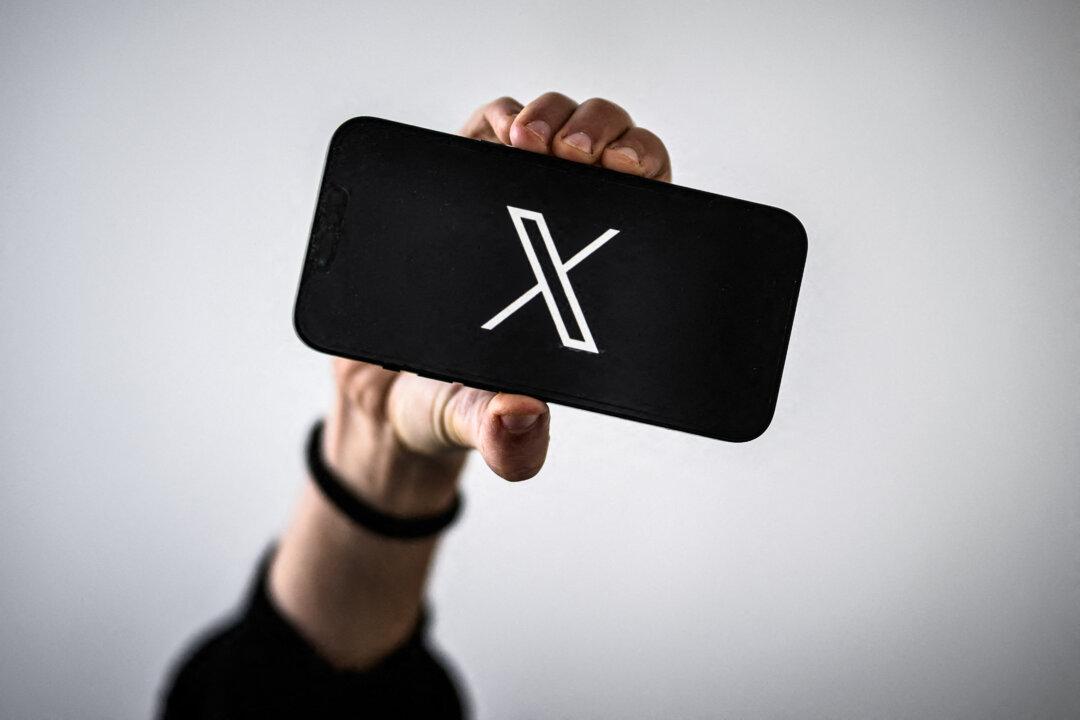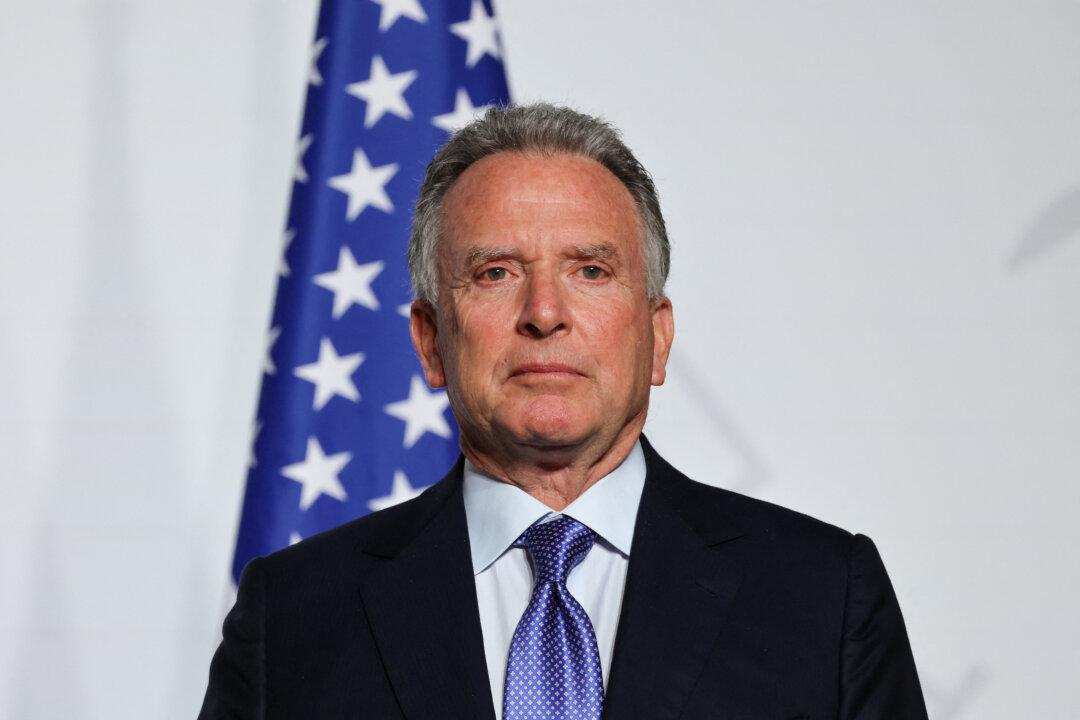The European Union announced on Jan. 17 that it is stepping up its investigation of whether social media platform X has broken its rules on content moderation.
The European Commission, which acts as the bloc’s executive branch, is conducting the probe and has ordered the social media site to hand over internal documents relating to its recommendation algorithm.





